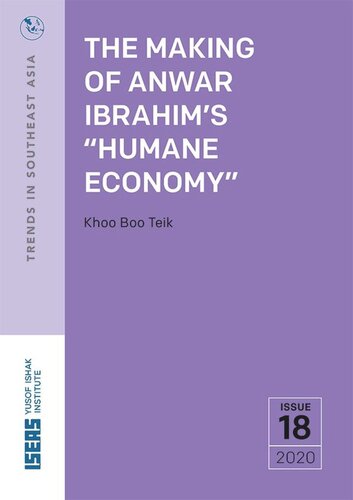

Most ebook files are in PDF format, so you can easily read them using various software such as Foxit Reader or directly on the Google Chrome browser.
Some ebook files are released by publishers in other formats such as .awz, .mobi, .epub, .fb2, etc. You may need to install specific software to read these formats on mobile/PC, such as Calibre.
Please read the tutorial at this link: https://ebookbell.com/faq
We offer FREE conversion to the popular formats you request; however, this may take some time. Therefore, right after payment, please email us, and we will try to provide the service as quickly as possible.
For some exceptional file formats or broken links (if any), please refrain from opening any disputes. Instead, email us first, and we will try to assist within a maximum of 6 hours.
EbookBell Team

5.0
68 reviewsAnwar Ibrahim, Deputy Prime Minister of Malaysia, 1993–98, and Opposition Leader, 2008–15 and since March 2020, is associated with two lasting, seemingly contradictory images. Those were of the young Anwar as a radical Islamist for whom economics seemed not to matter, and as a pro-market reformer during the 1997 East Asian financial crisis for whom Islam no longer mattered. Yet there was economics in the young Anwar’s Islam and, conversely, Islam in the mature man’s economics. Between them lay certain “moral ambivalences” that occupied Anwar during the pre-crisis period when economic growth, prosperity and ambitions were dogged by rent-seeking, corruption and institutional degradation. Anwar had expressed various thoughts on “Islam and economics”, notably when he was President of Angkatan Belia Islam Malaysia (ABIM, or Malaysian Islamic Youth Movement), Minister of Finance (1991–98), and leader of the post-Reformasi opposition. His thoughts formed the core of a “humane economy” that he envisioned and advocated upon his return to active politics from 2006 onwards. The vision of a “humane economy” holds personal, ideological and political significance at a specific political juncture in Malaysian history.